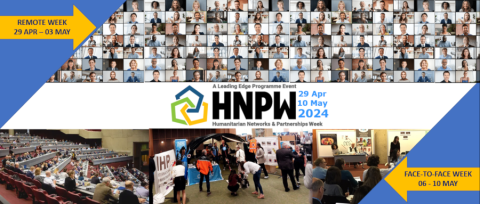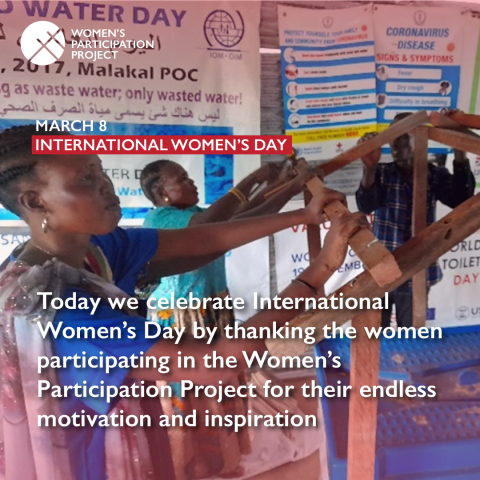How the "Power Walk" helped displaced men in South Sudan become women's rights defenders
South Sudan – 63 Displaced men in Malakal, South Sudan, participated in 3 different sessions of the "Power Walk" training organized by IOM to help them understand the effects of inequality and power imbalance on displaced women and girls. Participants found the experience "liberating" and agreed to support gender equality in their households and the community.
The Power Walk is a roleplaying exercise that allows men to understand the power and privilege they enjoy in most societies simply by the status and power awarded to them at birth. During this exercise, participants realized that these differences are not based on skill or experience but on cultural norms and inherited power inequalities.
"This activity has liberated some of us by revealing all the power imbalance and gender bias that is deeply rooted in our society," one of the participants, Hakim Abeng, expressed.
Of course, not all men, nor all women, are the same. Even within these groups, there are significant differences in power and privilege – associated with status, physical ability, wealth, etc. However, women and girls still have less access, if none at all, to family resources, education, and movement than men and boys:
"Our society favours men over women, and this must change now; as we leave this training, we should be the change-makers in our society," Hakim stated.
Women and girls experience gender inequality throughout their lives, setting the foundation upon which violence develops and is perpetuated by men. Therefore, at the end of the Power Walk, participants made a pact to help mitigate inequalities and gender-based violence against women and girls in their community through:
-
promoting change at the household and community level through raising awareness on gender equality and gender roles and responsibility;
-
engaging women and girls in leadership and decision-making activities;
-
Understanding and respecting that women's and girls' rights are human rights;
-
and providing equal access to education, skills-building opportunities, and income generation.
The Power walk is one of many pieces of training implemented by IOM teams under the Women's Participation Project. The project supports equitable and meaningful participation and representation for more than 10,000 displaced women and girls in 12 countries to mitigate the risks of gender-based violence. Initiated in 2016, the project is part of the "Safe from the Start" Initiative funded by the Bureau of Population, Refugees, and Migration (BPRM).


